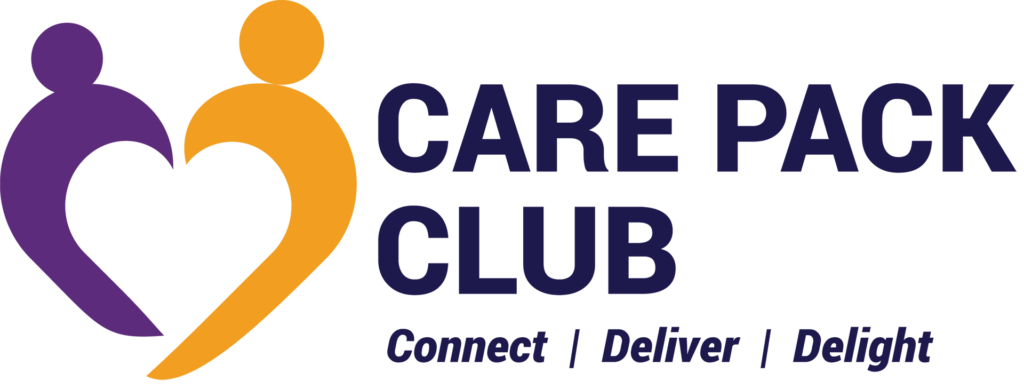Helping the elderly remember to take their pills can be a crucial aspect of their healthcare routine. Here are some strategies you can try to assist them in remembering to take their medication:
Organize pillboxes: Use pillboxes with compartments labeled with the days of the week or specific times of the day. Pre-fill the compartments with the appropriate medications for each day and time. This visual aid can help your loved one keep track of which pills they need to take and when.
Set up reminders: Help your elderly loved one set up reminders using alarms, timers, or smartphone apps. These reminders can be scheduled to alert them when it’s time to take their medication. Ensure that the reminders are clear and easy for them to understand.
Establish a routine: Encourage your loved one to take their pills at the same time each day. This can help create a habit and make it easier for them to remember. Linking pill-taking with existing daily activities, such as meals or brushing teeth, can also help reinforce the routine.
Use medication management apps: Explore medication management apps that can send reminders and help track medication schedules. Some apps allow you to input dosage instructions and provide alerts for missed doses. Consider finding an app that suits your loved one’s needs and is user-friendly.
Simplify medication schedules: If possible, work with the prescribing healthcare professional to simplify the medication schedule. Request medications that can be taken fewer times per day or consider combining multiple medications into a single pill, if appropriate. A simpler regimen can reduce confusion and make it easier for your loved one to follow.
Provide assistance and supervision: If your loved one requires assistance, offer to help them with their medication routine. This may involve opening medication bottles, pouring pills into their hand or a cup, or providing a glass of water. If necessary, you can supervise them while they take their medication to ensure they’ve taken the correct dosage.
Communicate with healthcare professionals: Stay in contact with your loved one’s healthcare professionals, such as doctors and pharmacists. Inform them about any concerns or difficulties your loved one may be experiencing with medication adherence. They may be able to provide additional guidance or suggest alternative solutions.
Involve a caregiver or family member: If you’re not available to assist your loved one in person, consider involving a trusted caregiver or family member. They can provide support, reminders, and assistance with medication management when you’re not available.
Use pill reminder services: Explore pill reminder services that send pre-packaged medications directly to your loved one’s home. These services typically organize medications into individual packets labeled with the date and time of administration, simplifying the process and reducing the risk of error.
Regularly review and update medications: Schedule regular medication reviews with your loved one’s healthcare professional to ensure that their medication regimen is still appropriate. This can help prevent any unnecessary or confusing medications and make the overall management more manageable.
Remember to always respect your loved one’s autonomy and involve them in the decision-making process regarding their medication. It’s important to communicate openly and listen to their concerns or challenges they may face in adhering to their medication routine.







